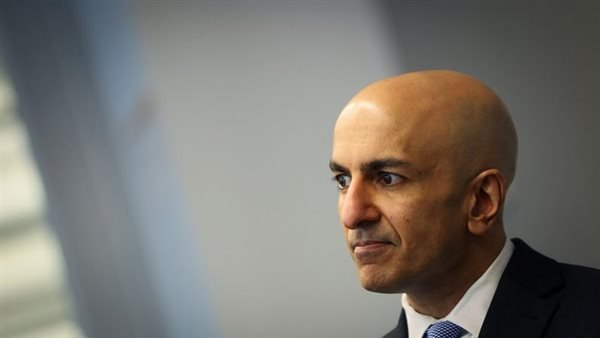
Minneapolis Fed President Neel Kashkari said he will look at incoming inflation data to determine whether another rate cut is appropriate at the US central bank’s December meeting.
When asked what might prompt policymakers to pause next month, he said: “There would have to be a surprise on the inflation front to change expectations significantly.”
“If we see inflation surprises between now and then, that might cause us to pause,” Kashkari said at a Yahoo Finance Invest conference on Tuesday. “It would be hard to imagine that the labor market will really pick up between now and December. There’s not a lot of time.” .
The US central bank cut interest rates by a quarter of a percentage point on Thursday, the second cut in a row. While US central bank officials’ expectations for September indicated a quarter-point cut in interest rates at the November and December meetings, investors reduced their bets on lowering interest rates at the last meeting of the year amid faltering progress on inflation and strong growth.
A recent report showed that the Fed’s preferred measure of core inflation rose in September at the largest pace since April.
The October hiring slowdown largely reflects the impact from hurricanes and a labor strike. Consumer spending remained strong and the economy expanded at a strong pace in the third quarter.
Kashkari stressed that the economy is strong but inflation has not fully fallen to the Fed’s target of 2%.
He said it could take a year or two for price gains to reach that target given the above-average pace of inflation in the housing market, though he called the slowdown there “encouraging.”
The head of the Federal Reserve Bank of Minneapolis said the neutral interest rate — where monetary policy neither stimulates nor influences the economy — may now be higher amid stronger productivity growth. This may prompt policymakers to cut interest rates less than expected in the coming months.
While the exact level of neutrality is uncertain at the moment, policymakers will be feeling that out over the next year, Kashkari said, adding that the policy is “somewhat restrictive” at the moment.



